
Rabi Lamichhane’s Media Regulation Fantasy and Its Perils
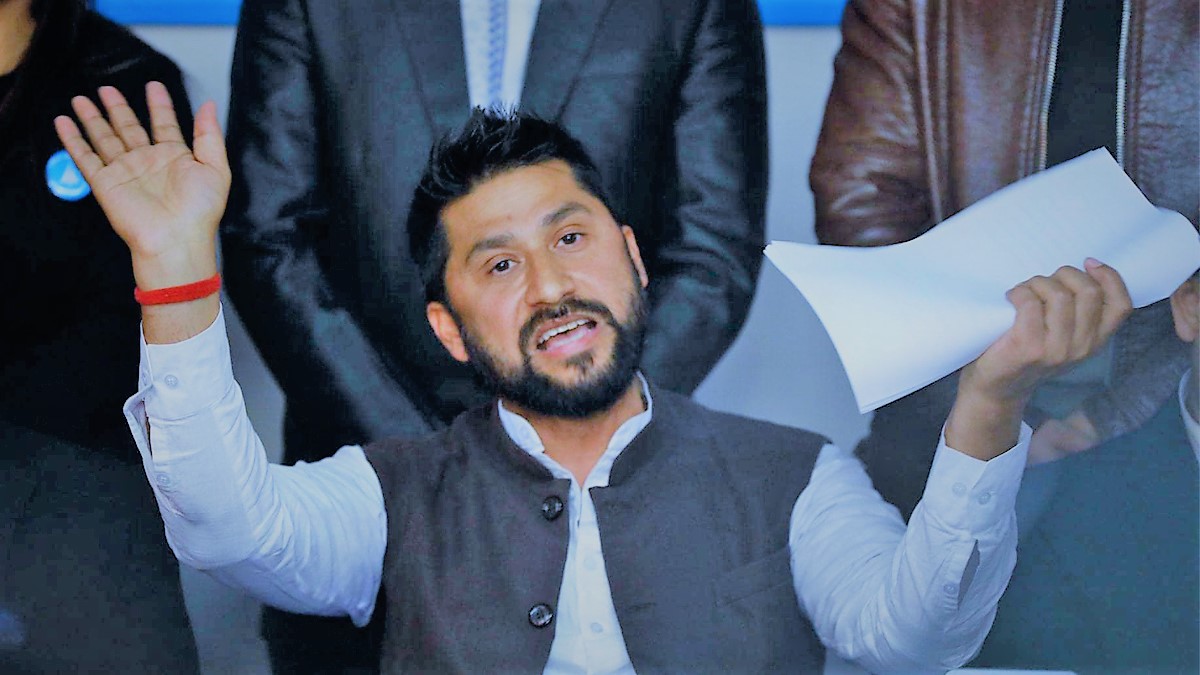
In the turbulent landscape of Nepali media and politics, recent events have spotlighted the fraught relationship between power and press freedom. The saga revolves around a figure who has traversed the realms of journalism to politics, leaving behind a trail of controversy and contradiction. Rabi Lamichhane, once a celebrated television journalist known for his fiery rhetoric, now finds himself at the center of a storm, grappling with the consequences of his own actions.
Lamichhane’s journey from the realm of journalism to the corridors of power has been marked by a peculiar penchant for fantasies—be it the sensationalist theatrics of breaking politicians’ noses or the misguided attempts to stifle media freedom through regulatory overreach. His recent foray into drafting directives aimed at curbing allegedly defamatory content underscores a troubling trend of leveraging authority to silence dissent and control the narrative.
However, the irony lies in Lamichhane’s own past transgressions against the principles of ethical journalism. His unabashed incitement to violence under the guise of free speech should have warranted censure from regulatory bodies like the Press Council. Yet, here we are, witnessing the same individual attempting to wield power over the very institution he once inhabited—a glaring testament to the blurred lines between media sensationalism and political opportunism.
The debacle surrounding Lamichhane’s ill-conceived directives serves as a cautionary tale, not just for him but for the entire political class. It exposes the inherent dangers of governing by whim rather than wisdom, of enacting regulations without foresight or consultation. Lamichhane’s retreat from his regulatory ambitions, albeit swift, lays bare the recklessness with which Nepali politicians often wield their authority, oblivious to the ramifications of their actions.
Indeed, Lamichhane’s Freudian slip—his subconscious contempt for his journalistic roots—mirrors a broader malaise within Nepali politics, where power is frequently misused to suppress dissent and muzzle the media. From historical attempts at military intervention in newsrooms to recent endeavors to legislate censorship, the specter of media manipulation looms large, threatening the hard-won freedoms of press and expression.
Amidst this turmoil, it is imperative to reaffirm the fundamental principles that underpin a healthy democracy—chief among them, the autonomy of the media and the accountability of those in power. The media, equipped with self-regulatory mechanisms and guided by ethical imperatives, remains the vanguard of public scrutiny and accountability. Attempts by politicians to usurp this role only serve to undermine the democratic fabric upon which our society rests.
As Lamichhane and his ilk grapple with their fantasies of media regulation, they would do well to heed the lessons of history and the imperatives of democracy. The true guardians of press freedom are not found in the corridors of power but in the vigilance of a free and independent media, unfettered by political interference or authoritarian ambitions. In the battle between Rabi versus Rabi, it is imperative that the spirit of journalistic integrity prevails over the trappings of political expediency.
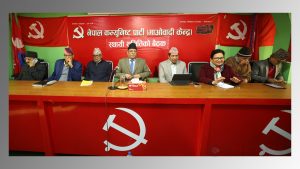
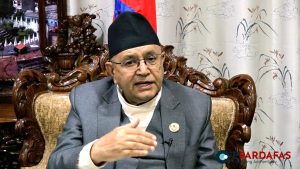
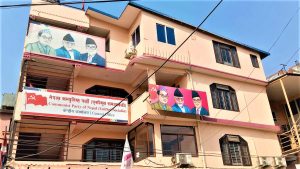
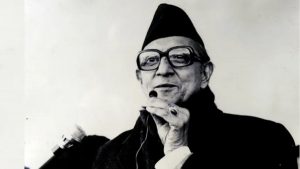
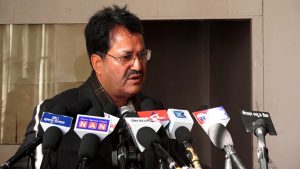
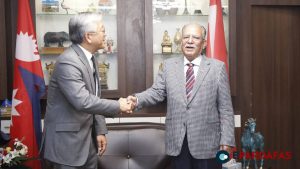




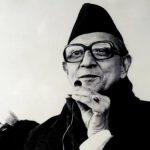
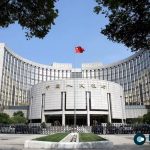
Comments